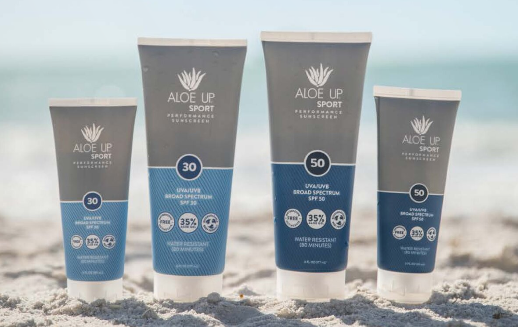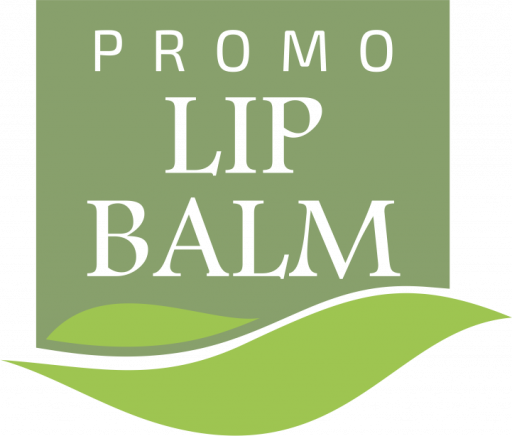In the realm of sun protection, sunscreen is an indispensable tool in safeguarding our skin from harmful UV rays. Whether you’re lounging at the beach, hitting the trails, or simply running errands, using the right SPF (Sun Protection Factor) can make a significant difference in your skin’s health. Among the many options available, SPF 15 and SPF 30 sunscreens are two of the most commonly used levels of protection. Understanding their importance and how they can be leveraged for brand promotion can help both consumers and businesses.
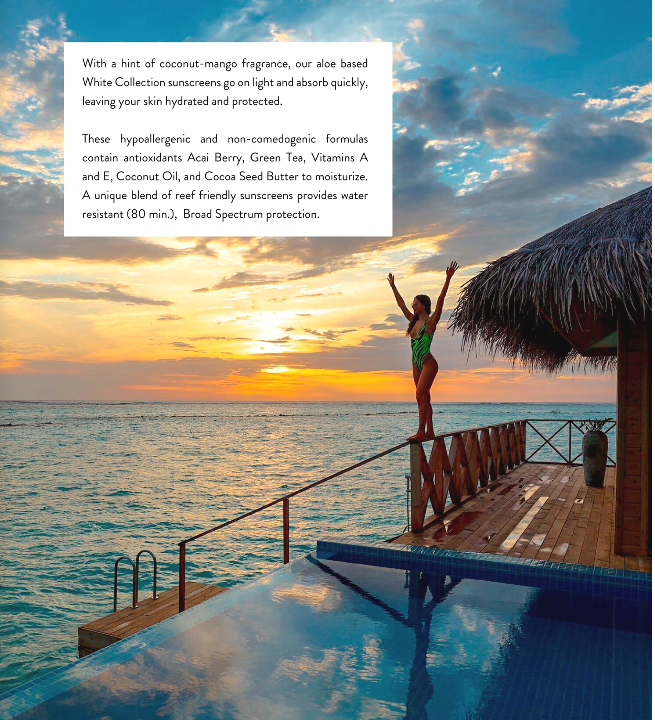
Protect yourself with SPF15 or SPF30 Sunscreen
Enhanced Protection: SPF 30 offers a higher level of protection, making it more suitable for prolonged sun exposure. It is especially beneficial for individuals with fair skin, those with a history of skin cancer, or anyone engaging in outdoor activities.
Peace of Mind: Using a higher SPF can provide greater confidence that you are better protected, which is particularly important for families, athletes, or anyone in intense sunlight.
Reduced Frequency of Reapplication: Although no sunscreen is completely sweat-proof or water-resistant, SPF 30 may reduce the need for frequent reapplication compared to SPF 15.
Natural Zinc SPF 30 vs. Chemical Sunscreen
When choosing sunscreen, understanding the difference between natural zinc-based and chemical formulations is essential.
Natural Zinc SPF 30 Sunscreen:
- Ingredients: Contains zinc oxide as its primary active ingredient, which provides a physical barrier on the skin to block UV rays.
- Benefits: Non-irritating and often recommended for sensitive skin. Zinc oxide is a broad-spectrum blocker, protecting against both UVA and UVB rays.
- Environmental Impact: Typically more eco-friendly, as it does not contain ingredients harmful to marine life, making it a popular choice for environmentally-conscious consumers.
Chemical SPF 30 Sunscreen:
- Ingredients: Uses chemical filters such as avobenzone, octocrylene, and oxybenzone to absorb UV radiation and convert it into heat, which is then released from the skin.
- Benefits: Often more lightweight and less visible on the skin compared to zinc-based sunscreens. These sunscreens may feel more comfortable for daily wear.
- Potential Concerns: Some chemical sunscreens can irritate sensitive skin or have negative environmental effects, particularly on coral reefs.
Promotional Sunscreen and Lip Balm can be labelled or directly imprinted
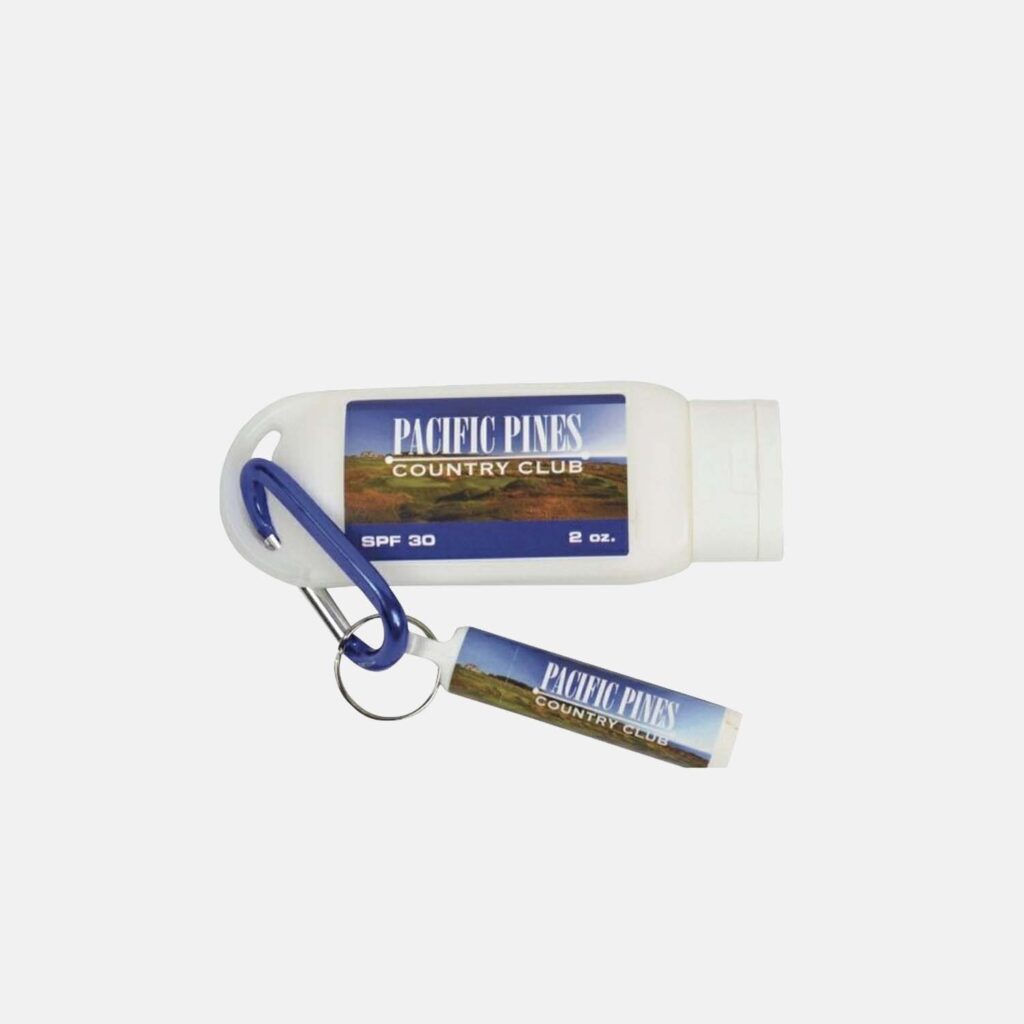
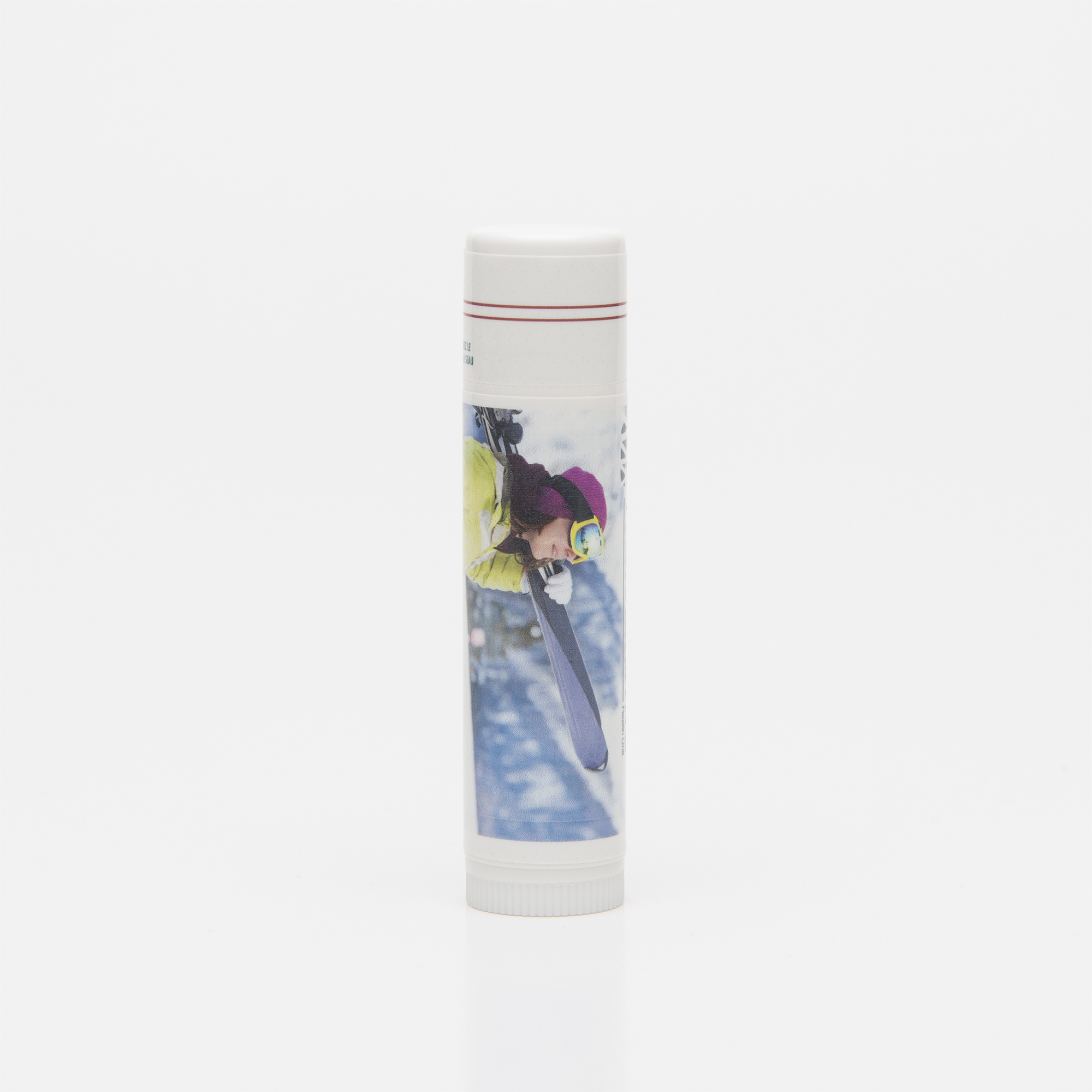
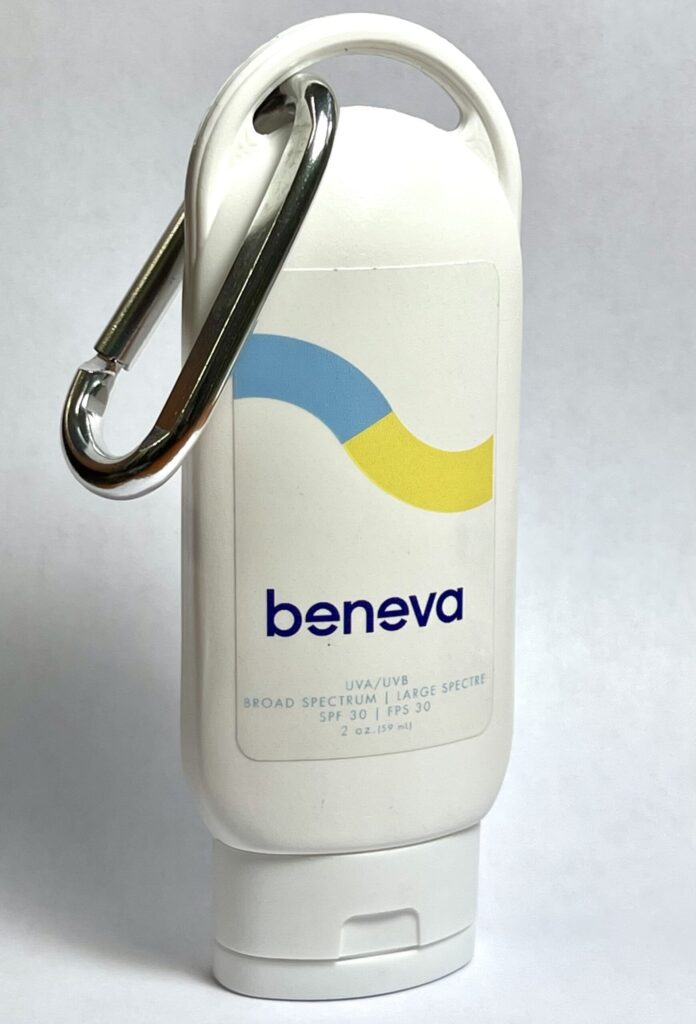
Brand Promotion Through Branded Sunscreen
Incorporating a company’s logo on sunscreen products, especially during giveaways, can be a powerful marketing strategy. Here’s why:
Increased Visibility: Branded sunscreen can serve as a constant reminder of the company every time it is used. This increased visibility can enhance brand recognition and recall.
Positive Association: By providing a practical and valued item like sunscreen, a company can create positive associations with its brand. This gesture demonstrates care for customer well-being and contributes to a positive brand image.
Extended Reach: Sunscreens are used in various outdoor settings, meaning that branded products can reach a broader audience, extending beyond just the initial recipient.
Engagement: Giveaways and promotional items with the company logo can engage customers more effectively, encouraging them to share their experiences on social media and spreading brand awareness.
Cosmetic branded bag with Aloe Up Sunscreen, After Sun & Lip Balm
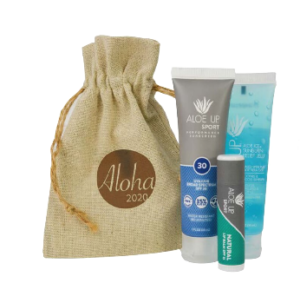
In conclusion, SPF 15 and SPF 30 sunscreens play crucial roles in sun protection, with SPF 30 offering enhanced benefits for prolonged exposure. Understanding the difference between natural and chemical sunscreens can help consumers make informed choices suited to their needs. For businesses, leveraging branded sunscreen as a giveaway product not only promotes sun safety but also boosts brand visibility and engagement, creating a win-win situation for both companies and their customers.
